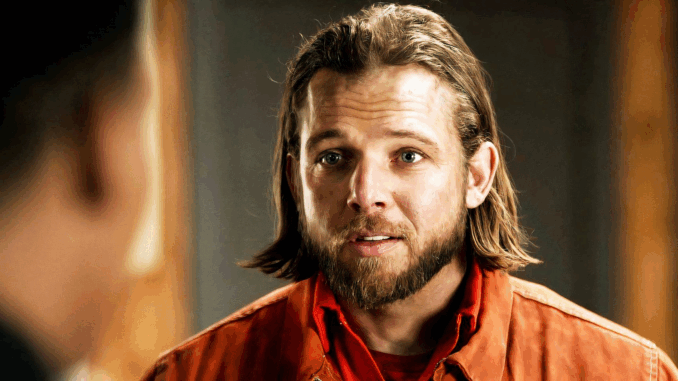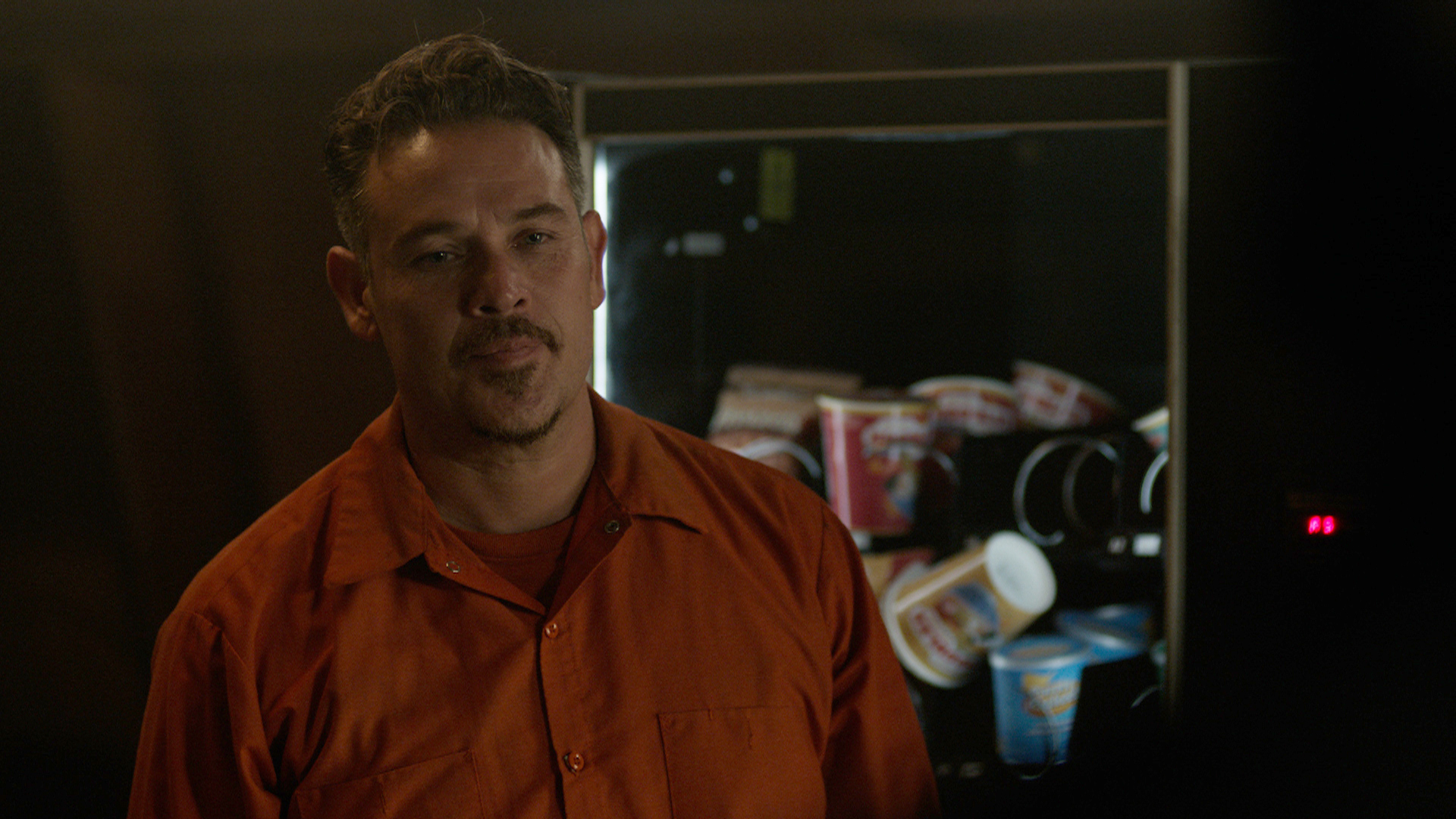
In a world where firefighting has long been portrayed as a male-dominated profession, Fire Country takes a bold and necessary step forward—putting powerful, capable women at the heart of the blaze. Through characters like Sharon Leone, Gabriela Perez, and Eve Edwards, the series challenges outdated gender norms, offering an authentic and inspiring look at the role of women in emergency services.
But the show doesn’t just include female firefighters and leaders—it gives them depth, authority, and agency. Fire Country goes beyond surface-level representation to explore how women navigate the high-stakes, emotionally charged, and physically demanding world of firefighting, while also carrying the weight of expectations, personal trauma, and institutional bias.
Let’s explore how Fire Country honors the voices of women on the fireline—and why its depiction matters.
Breaking the Mold: Sharon Leone as a Commanding Force
Few characters command respect like Sharon Leone, the division chief and mother of Bode Donovan. Sharon is a brilliant case study in leadership—compassionate without being soft, strategic without being cold, and unwavering in her sense of responsibility.
What makes Sharon’s role so revolutionary is that she’s not merely “the woman in charge”—she’s the best person for the job, respected by both men and women under her command. Her decisions carry weight, not because of her gender, but because of her experience and clarity in crisis.
Fire Country gives Sharon a full arc—not just as a leader, but as a mother, a wife, and a woman facing serious health challenges. Her struggle with kidney disease adds a poignant layer to her character, reminding viewers that strength is often about resilience, not invulnerability. In a television landscape where women leaders are often reduced to one-dimensional “boss” types, Sharon stands out as multi-dimensional and deeply human.
Eve Edwards: Loyalty, Grit, and Quiet Power

Eve is perhaps one of Fire Country’s most quietly compelling characters. She doesn’t seek the spotlight, but she earns the respect of her team through competence, loyalty, and sheer guts. As one of the key members of the Cal Fire crew, Eve embodies the idea that firefighting is about skill and heart—not muscle mass or machismo.
One of Eve’s most significant contributions to the show is her role as a bridge between worlds. She often mediates conflicts, supports younger firefighters, and sets an example through her actions. When the stakes are high, Eve remains steady, making her a cornerstone of the team’s emotional structure.
The show subtly acknowledges the challenges Eve faces as a woman in a male-dominated field without making her a symbol or token. She is allowed to be flawed, emotionally vulnerable, and fiercely competent all at once, reflecting the complexity of real women in uniform.
Gabriela Perez: More Than a Love Interest
At first glance, Gabriela Perez might seem like a typical romantic subplot character, especially with her entanglement with Bode. But Fire Country quickly proves that Gabriela is so much more than a romantic foil.
Gabriela is a skilled paramedic and the daughter of a respected firefighter, Manny Perez. Her journey is not just about love—it’s about earning her place in a legacy while forging her own path. She fights for respect from her colleagues, her community, and even herself. Her story reflects the experiences of many young women in high-pressure careers who are trying to define themselves outside of family expectations and societal stereotypes.
What’s refreshing is how Gabriela’s ambition doesn’t make her cold, and her emotional openness doesn’t make her weak. She’s strong in a way that doesn’t require posturing—a woman comfortable with compassion, tenacity, and fire-tested grit.
Sisterhood in a Brotherhood: The Power of Female Camaraderie
While much of Fire Country focuses on mixed-gender teams, it also captures the quiet solidarity between its female characters. In scenes between Sharon and Eve, or Gabriela and Eve, there’s a subtle, but unmistakable, undercurrent of mutual support and understanding.
These moments matter. They show that even in high-stress, male-heavy environments, women can and do build networks of trust and strength. They share advice, defend one another, and recognize when someone needs help—even when that help is unspoken.
This representation of sisterhood is a rare and welcome departure from the trope of women as rivals. In Fire Country, women don’t compete for attention—they collaborate, elevate each other, and thrive together.
The Real-World Impact: Visibility, Inspiration, and Respect
Representation on screen has real-world consequences. When young girls see women like Sharon, Eve, and Gabriela in command of flames, trucks, and trauma scenes, it broadens their understanding of what’s possible. Fire Country doesn’t just entertain—it educates and empowers.
The show also humanizes the challenges women face in high-risk professions—from doubters and systemic bias to the personal sacrifices that come with the job. It makes space for vulnerability, which only makes the strength more admirable.
In doing so, Fire Country joins the growing list of shows helping normalize women in non-traditional roles—but it does so with more nuance and authenticity than many of its peers.
Conclusion: Fire-Tested, Fearless, and Feminine
Fire Country succeeds where many dramas stumble—it writes women not just as firefighters or caretakers, but as leaders, warriors, and fully developed people. In Sharon, Eve, and Gabriela, the series presents a spectrum of female strength that is nuanced, relatable, and deeply inspiring.
These women don’t wait for permission to lead. They don’t ask for credit—they earn it. And they don’t need to be anyone’s idea of “ideal” to be powerful. They are powerful because they show up, stand strong, and fight—for others, for themselves, and for the future of firefighting.
